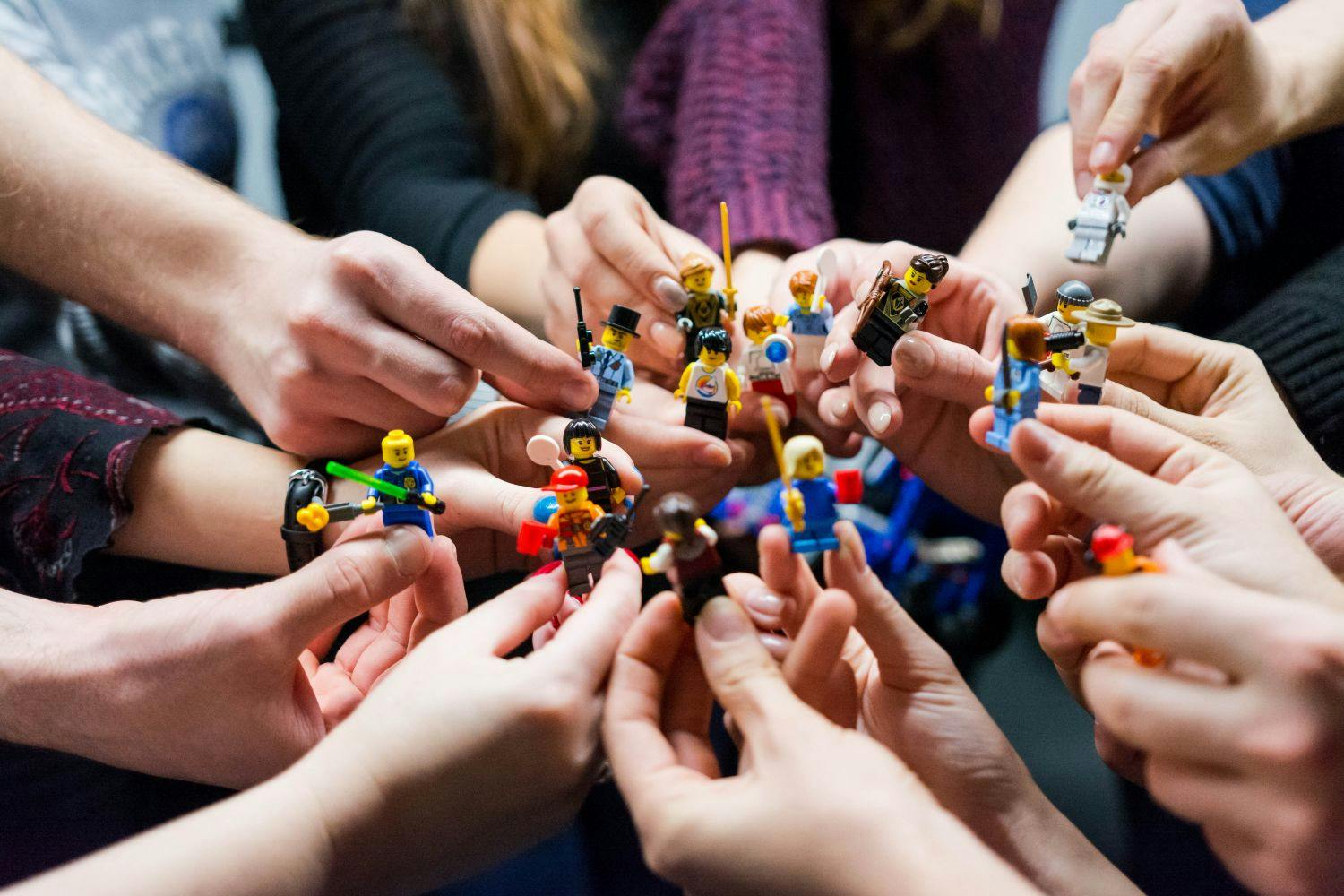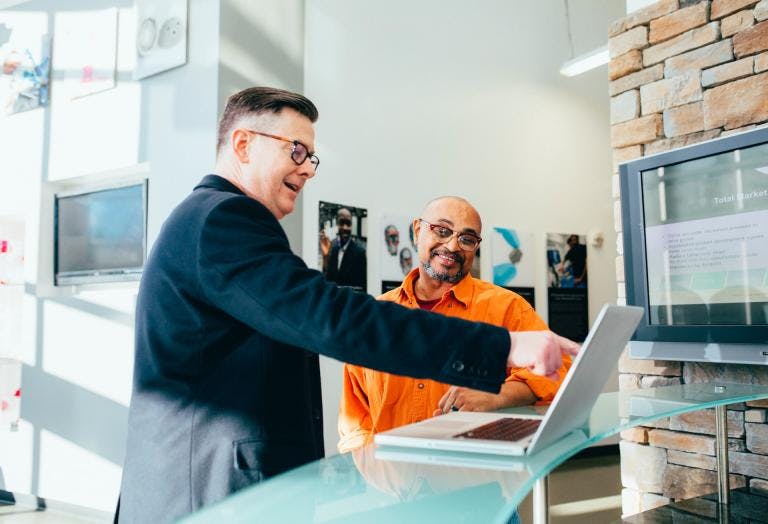First published on Thursday, June 4, 2020
Last updated on Tuesday, October 15, 2024
Teamwork allows a group of people to work together to collectively achieve challenging organisational goals. Organisations can foster teamwork by encouraging employees to learn more about one another’s approach to work and their individual work practices. Knowing one another’s strengths and weaknesses allows team members to work best together.
Teamwork drives success in organisations from both an individual development and group goal achievement perspective. By understanding the different elements of successful teamwork, HR representatives can provide effective support to team managers and individual team members across your business.
What is teamwork?
Teamwork can be broken down into the following four elements:
- commitment : involves shared objectives promoting individual commitment of team members
- communication involves all team members keeping one another informed of what they are working on and sharing any relevant or useful information
- contribution : involves each team member being accountable to produce their individual work which should be allocated taking account of individual strengths
- collaboration : involves sharing individual expertise and working together to achieve team goals.
(CIPD, 2015)
Why is teamwork important?
Two heads are often better than one. This is the principle upon which teamwork is grounded. Numerous successful businesses have harnessed the power of teamwork to develop new products or provide a quality service.
Successful teams will be made up of individuals with complementary strengths. Teamwork is the art of getting the most out of a diverse mix of individual team members with different skills. When properly managed, the mix of skills and personalities will produce collective performance that is greater than the sum of the team’s individual parts.
Teamwork strengthens social networks which makes the workplace more positive, makes employees happier and increases performance. Working as part of a team is not always straightforward but when correctly harnessed, the power of teamwork provides an enormous sense of satisfaction when a group of people achieve a common goal.
Team building does not happen overnight
Creating a team environment takes time. The Tuckman model outlines 4 different stages of team development:
- forming : assembling the individual members of the team
- storming : a get to know one another stage, arguments are common at this stage
- norming : the boundaries are established, roles and strengths are identified and the team settles down
- performing : goals are hit and the team starts producing results.
Way in which HR can promote teamwork
HR is in a unique position to get the most out of teams. HR will make influential decisions affecting teamwork in the following areas:
Management material
– HR will be best positioned to assess and improve the capacity of line managers. Many organisations promote managers based on their technical expertise rather than their ability to manage colleagues. To improve performance, HR should continuously assess the capacity of line managers, identify any weak spots and provide relevant training and development opportunities.
Recruitment
– HR will oversee the recruitment and selection policy of the business which is instrumental in ensuring that the people hired are a good organisational fit. HR representatives will work alongside line managers to offer advice and support on recruitment decisions. HR will play a key role in finding candidates with the right blend of technical skills and values for your business.
Team building
– HR play an important role in identifying and resolving issues in underperforming teams. HR will facilitate consultations with individual team members and identify possible solutions to any issues that arise. HR will also play an important role in building on the success of teams which are performing well and increasing the benefits of teamwork.
Temperature check
– HR is best positioned to carry out regular temperature checks to identify any issues within a team and nip them in the bud. HR also plays an important role in giving employees a platform to voice any concerns or make any suggestions they thing would improve or benefit the team.
Teamwork examples
– the data compiled by HR from these consultations will be valuable in sourcing examples of teamwork in action and to understand what allows highly engaged teams to perform as well as they do.
Have a question?
Ask away, we’ve got lightning fast answers for Irish business owners and employers powered by qualified experts.






